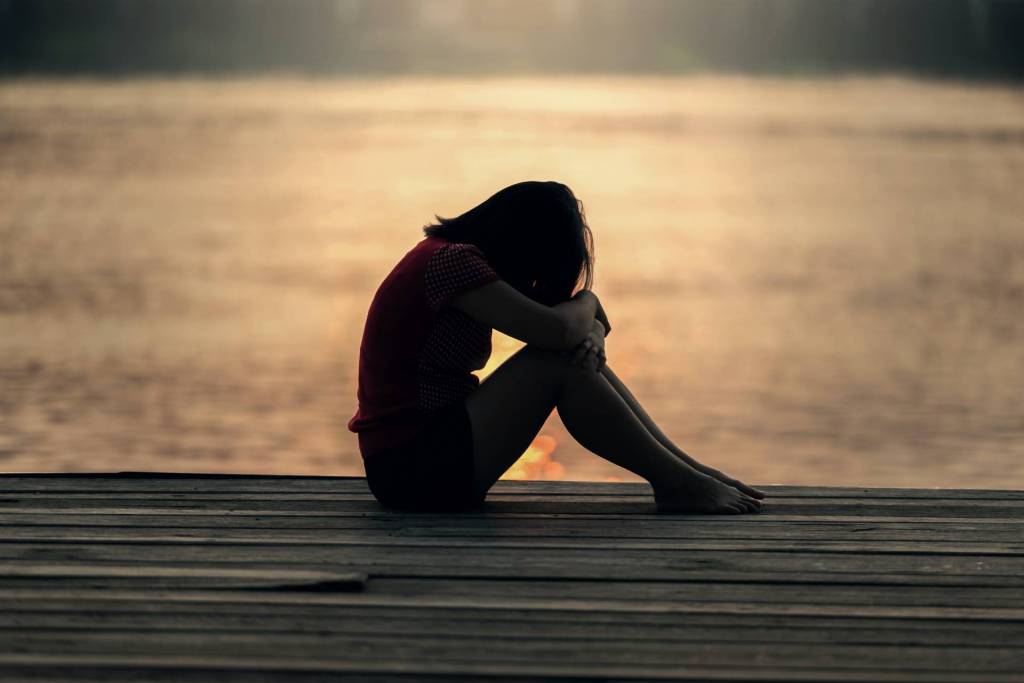
Are you feeling alone and unacknowledged in your grief, especially when it involves honoring a death that is unrelated to COVID-19?
It’s understandable given the intense focus on COVID-19 and the rising number of deaths from the virus. However, the reality is that loved ones are still dying due to other medical conditions, accidents, and more.
We asked Dr. William G. (Bill) Hoy Clinical Professor of Medical Humanities at Baylor University to join us for a recent podcast to discuss the topic of honoring death unrelated to COVID-19. Bill is a major author and leading expert in bereavement and pastoral care.
Death is a Daily Occurrence
Without diminishing the fact that COVID-19 is leading to more deaths in this country and creating a serious situation, there are other losses daily from death that are suddenly not being acknowledged in the same way. According to statistics from the CDC, there are an average of just over 7,000 deaths per day in the U.S. unrelated to COVID-19.
Disenfranchised Grief
These are losses that have left loved ones grieving on a daily basis but who are now dealing with what we would call a disenfranchised grief where it’s grief that has become socially unacceptable to discuss or just simply out of the public view. They have lost loved ones in death to a heart attack, cancer, car accident, or other tragedy.
However, others may not acknowledge these deaths because they are too consumed with the fear and anxiety related to COVID-19. Similar situations happened previously when individuals lost their loved ones on 9/11 but not from 9/11.
It’s a difficult time for everyone, leaving many feeling alone in their grief with no outlet or support.
How to Address This Grief
Further complicating the grieving process for everyone that has lost a loved one is the fact that traditional ways of dealing with grief are not allowed right now due to social distancing. That means people cannot attend funerals together or have wakes or family get-togethers after a funeral. Not having these outlets or having to wait until the summer or fall to have them just leaves people with many unresolved feelings. We need to support now.
As Bill noted, we will have to find creative ways to hold these rituals when the grief is present. This way, we can get some resolution when we are seeking a sense closure that would typically come from a ritual like a funeral. For example, some funeral homes have recently held parking lot funerals. Loved ones gather in their vehicles and tune in through Facebook Live or video conferencing to participate virtually in the funeral. Then, they did a funeral procession in their vehicles to the cemetery.
Honoring Those Already Lost
Dealing with COVID-19 should also not diminish the value and importance of those we’ve already lost. The loss date of my son, Scott, was April 2nd. I took the time to honor and remember him by calling his siblings and sharing good memories of him. Even though it has been many years since we lost him, it’s important to stop and remember those times that we did have Scott in our lives.
It’s important that others be able to do the same for the loved ones they’ve lost. You can host a video call with others who share this loss, light a candle, and share stories.
What You Can Do
There are things you can do right now to deal with your grief. First, it’s important to recognize those moments and allow yourself to have those feelings of anger, shame, guilt, and sadness. That’s because these are normal feelings to have when dealing with such a loss.
Next, write things down. We underestimate the power of journaling and the process of putting thoughts on paper. We have the luxury of time now to write things down, such as the things on your mind, your feelings, and things you might have wished you would’ve said to your loved one.
Another thing to do that is so important right now is to take care of your physical well-being. When we don’t eat well or get enough sleep, we become immune-compromised very quickly. Since grief is highly stressful on the body, take the time to care for yourself.
Also, reflect on what this situation means as well as what this time period and season, including Easter or Passover. Both are religious holidays are a way for us to reflect on the ultimate meaning of loss and our connections on a spiritual level.
Podcast Viewing
Watch the podcast to hear about this issue, how we may have lost perspective on death as a country and how we should grieve, and how to help all generations cope with the fear and anxiety generated by the COVID-19 pandemic:
Tags: dealing with loss during COVID-19, grief and loss beyond COVID-19, non-COVID-19 death and grieving